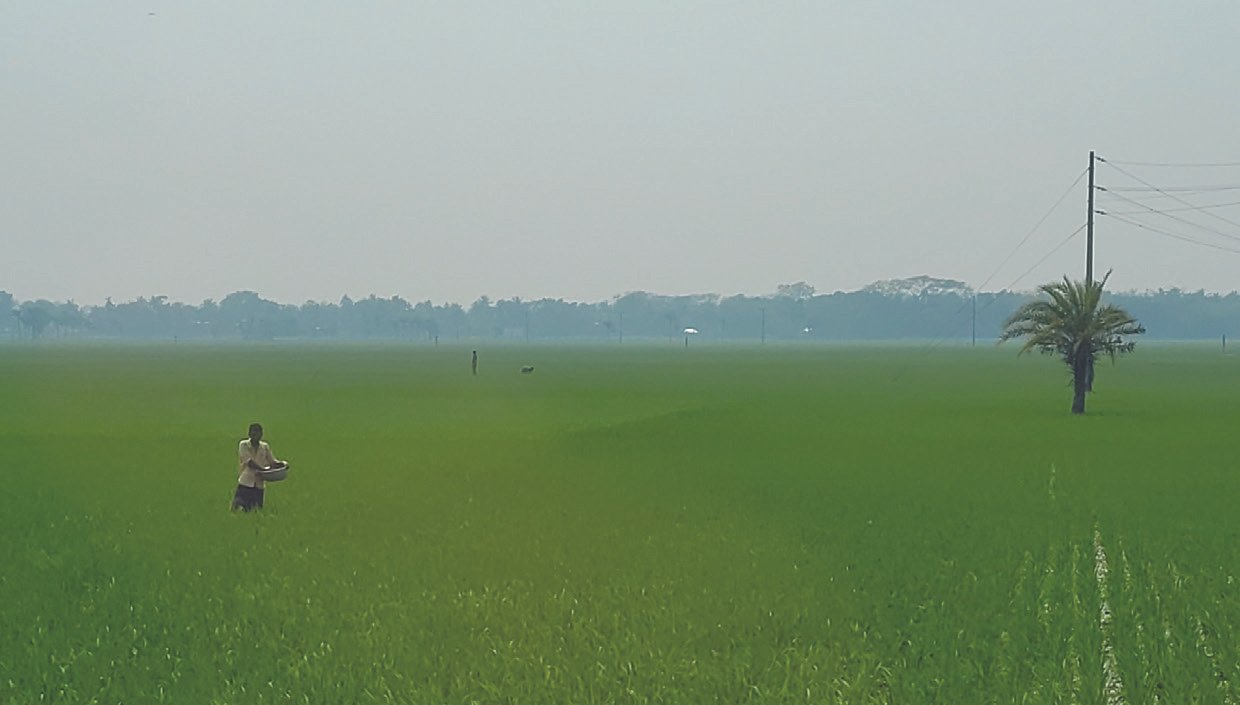
Call to Action
Voluntary Labour

“Recognise, value and manage the diverse forms of voluntary labour undertaken by communities in adaptation and disaster response to ensure it is not exploitative and supports sustainable delta futures.”
Why this is important
Voluntary labour by delta communities plays critical roles in government and civil society strategies for climate adaptation and disaster response but is poorly understood and often under-valued.
There is a focus on the role of voluntary labour in providing physical labour for climate infrastructures and conservation, meaning its contributions to communities, social relations and empowerment are ignored.
Voluntary labour can build capacities and skills, but it can also be an additional burden for individuals and communities on the frontline of climate change.
Priorities and steps
Governments, civil society organisations and private sector actors who engage volunteers should:
Understand that the ready availability of the unpaid labour of the poor cannot be assumed.
Respect and draw upon the knowledge of community volunteers in designing strategies for adaptation and disaster response.
Develop knowledge and evidence of the diverse kinds of voluntary labour already taking place in climate affected communities and use this to inform decisions to engage volunteers.
Respect different kinds of voluntary labour and their contributions, including looking beyond its role in supporting infrastructure and conservation and recognising its role in empowerment, challenging social norms, and building community resilience.
Make efforts to ensure that that strategies for volunteer engagement address existing social inequalities and do everything possible to make volunteering inclusive.
Ensure that volunteers have opportunities to build their capacities and skills in ways that benefit them as well as the volunteer engaging organisation.
Ensure that voluntary labour is not exploitative, providing appropriate remuneration, avoiding coercion and mitigating against risks arising from volunteering.
Recognise the gendered differences in volunteering and tailor volunteer roles accordingly.
Want more information?
Click on our outputs page here to access more information about what we do and who we work with via a series of informal blogs and other resources, videos, books and booklets and policy briefs. Here you can also easily access our Hub publications in academic journals as well as a series of mid project case studies.
